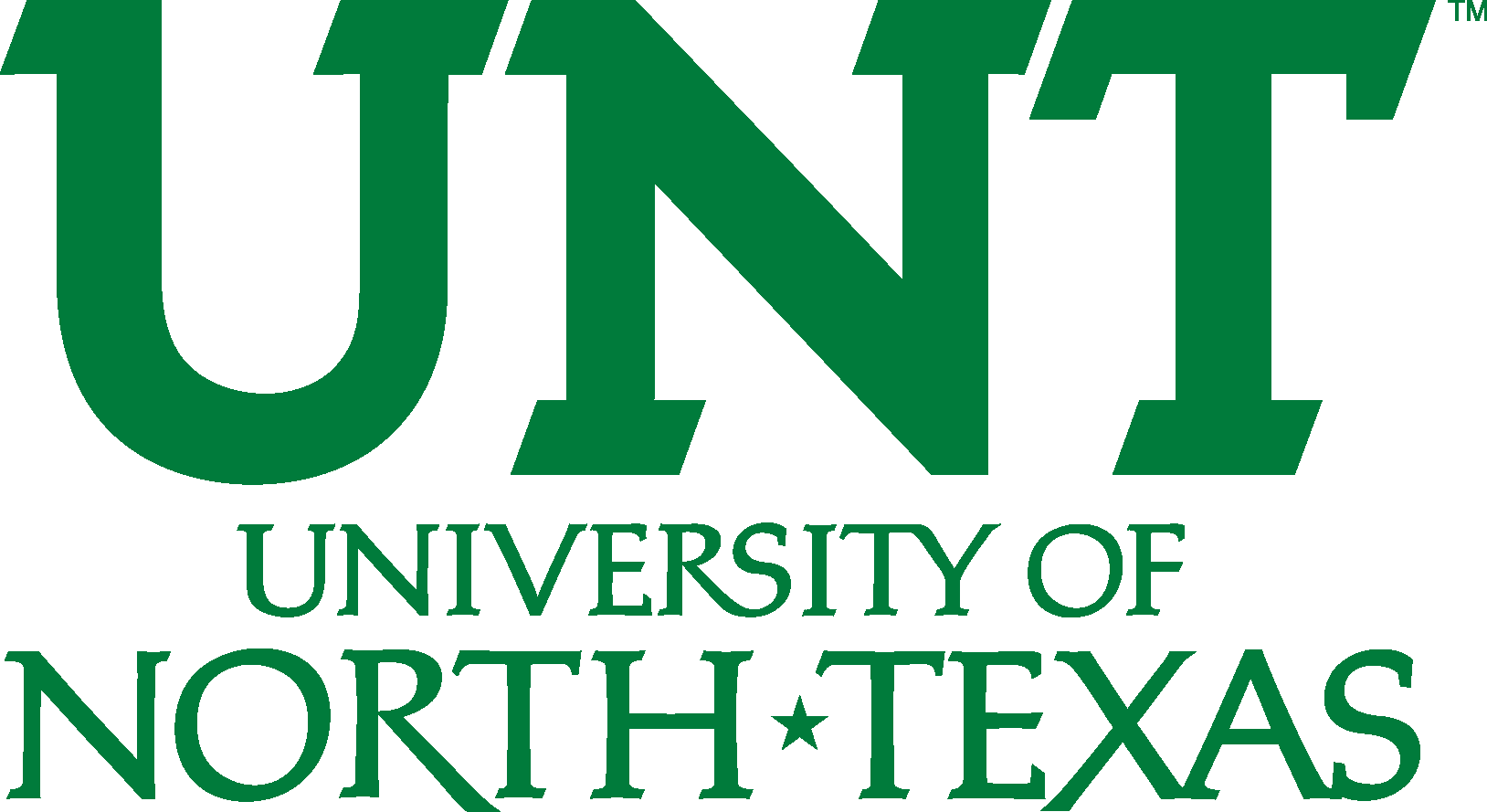
Ph.D in Physics
University of North Texas, Denton


University of North Texas, Denton

Ph.D in Physics
University of North Texas, Denton
University of North Texas offers placement support
Top choice of Indian students
Offers International Student Tuition Equity Plan (ISTEP)
This is verified by QS Rankings 2025
Degree
Ph.D.
Duration
36
Course Type
With Co-op
Co-op education gives you real-world experience in a job related to your studies.
INR
20.29L
USD 23866
1st Year Tuition Fees
Opening Soon
Opening Soon
Opening Soon